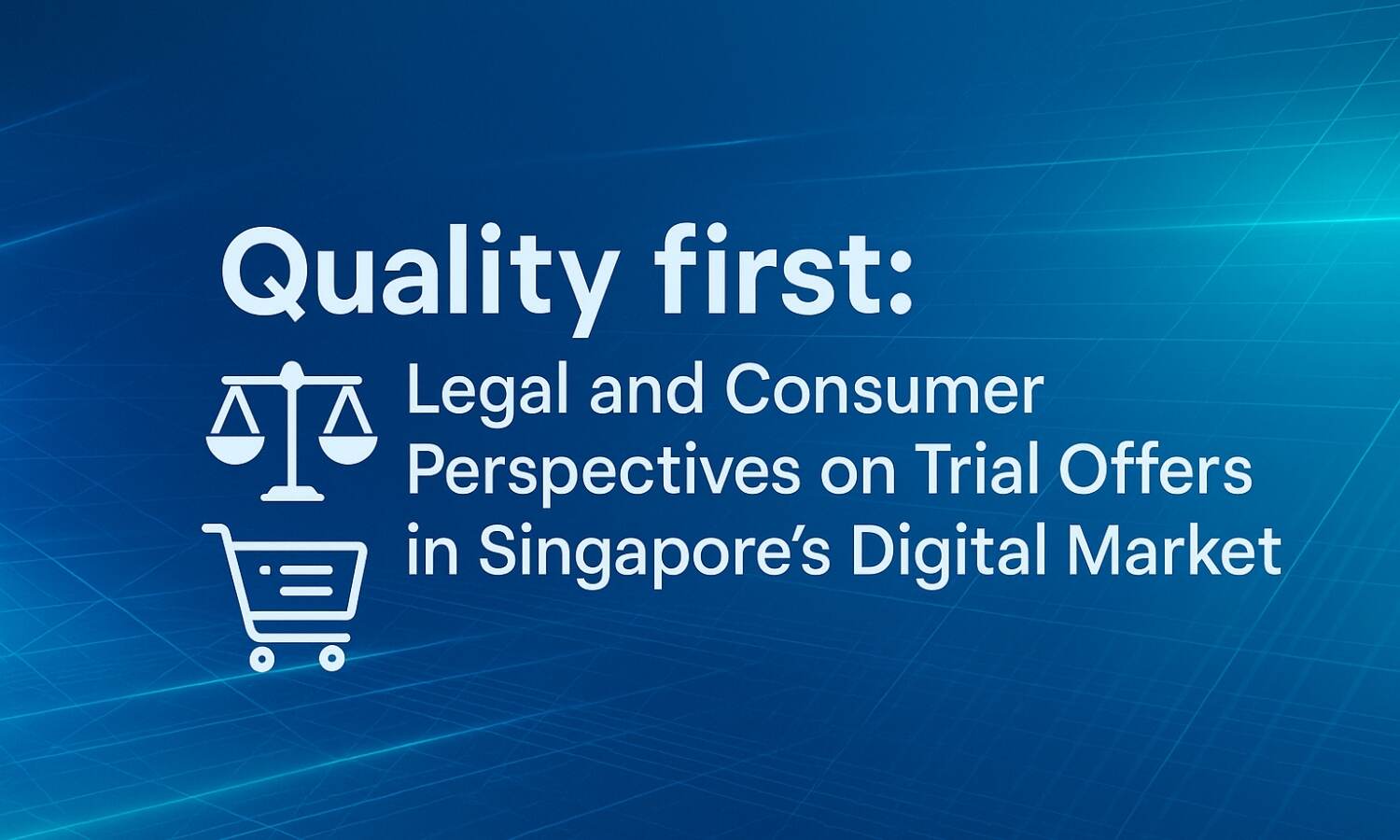
In the hyper-connected and technologically advanced digital market of Singapore, consumers are among the most discerning in the world. As of 2025, they are not easily swayed by marketing hype or flashy promises. Instead, they operate with a “quality first” mentality, expecting high performance, security, and a seamless user experience from the online services they choose. In this context, trial offers like “free credits” are not seen as mere freebies; they are leveraged as a crucial tool for a rigorous evaluation process.
Singaporean Consumer: A Discerning Digital Citizen
The typical Singaporean digital user is tech-savvy, well-researched, and has high standards. They value efficiency and are quick to abandon any platform that is slow, buggy, or difficult to navigate. Before committing their time or money, they will often read reviews, compare alternatives, and look for tangible proof of a service’s quality. This makes them a challenging but rewarding audience for platforms that are confident in their product.
From a legal perspective, this discerning approach is also supported by Singapore’s Consumer Protection (Fair Trading) Act (CPFTA) and the Personal Data Protection Act (PDPA), which require businesses to ensure that services marketed through trial offers are neither misleading nor exploitative. Platforms must present terms of use clearly, avoid hidden charges after the trial period, and safeguard consumer data collected during registration.
Trial Offers as a “Quality Test”
For this audience, a trial offer is the ultimate “show, don’t tell” opportunity. It’s a practical, risk-free way to conduct a thorough test of a platform’s capabilities. A user can assess everything from the speed of the app to the quality of the content and the responsiveness of customer support.
This evaluative mindset applies across all digital services, including global online entertainment. For example, a savvy user might use an SG online casino free credit offer not just to play, but to critically assess the platform’s speed, game quality, and fairness before depositing their own funds.
Legally, such platforms are further bound by Singapore’s Remote Gambling Act and other regulatory frameworks, which ensure that online gaming operators offering free credits are licensed and operate transparently. This adds another layer of consumer protection by making sure that even “trial play” is not a loophole for unfair practices.
User’s Evaluation Checklist
During a trial period, a Singaporean user is often subconsciously running through a mental checklist:
- Performance and Speed – Does the app or website load quickly? Is it free of glitches?
- User Interface (UI) and Experience (UX) – Is the design clean and intuitive?
- Core Value Proposition – Does the service deliver on its promises (e.g., fair games, quality content)?
- Customer Support – Is it easy to get help if I have a problem?
- Legal Compliance – Are the terms of service clear? Are data privacy and consumer rights respected?
A platform must excel in all these areas to pass the user’s quality test—and the legal compliance factor is increasingly central.
Platform’s Perspective: A Confident but Regulated Showcase
From the perspective of a high-quality online service, offering a free trial is a sign of confidence. It communicates: “We believe our product is so good that we’re willing to let you experience it for free, because we’re confident you’ll want to stay.”
However, in Singapore, this confidence must be paired with legal compliance. Regulators require that:
- Terms of trial offers are clearly disclosed (no “silent auto-renewals”).
- Free trials do not mislead consumers about the full cost of the service.
- Trial access does not involve unfair contract terms, as barred by the Unfair Contract Terms Act (UCTA).
Thus, transparency resonates not just with consumers but also aligns with the country’s strong legal framework for digital markets.
From Evaluation to Adoption
In Singapore’s mature and competitive digital market, winning over a new customer is a process of earning trust and respect. Trial offers are a crucial bridge in this process. They shift the dynamic from a brand making a sales pitch to a user making an informed decision. By empowering consumers to verify quality for themselves, platforms can build a loyal user base founded not on hype, but on proven excellence.
Interestingly, this process mirrors legal expectations as well: trust is enforceable through law, and transparency is a statutory obligation. Just as relationships rely on honesty, businesses must build credibility through compliance, disclosure, and fairness principles enshrined in Singapore’s consumer protection laws.